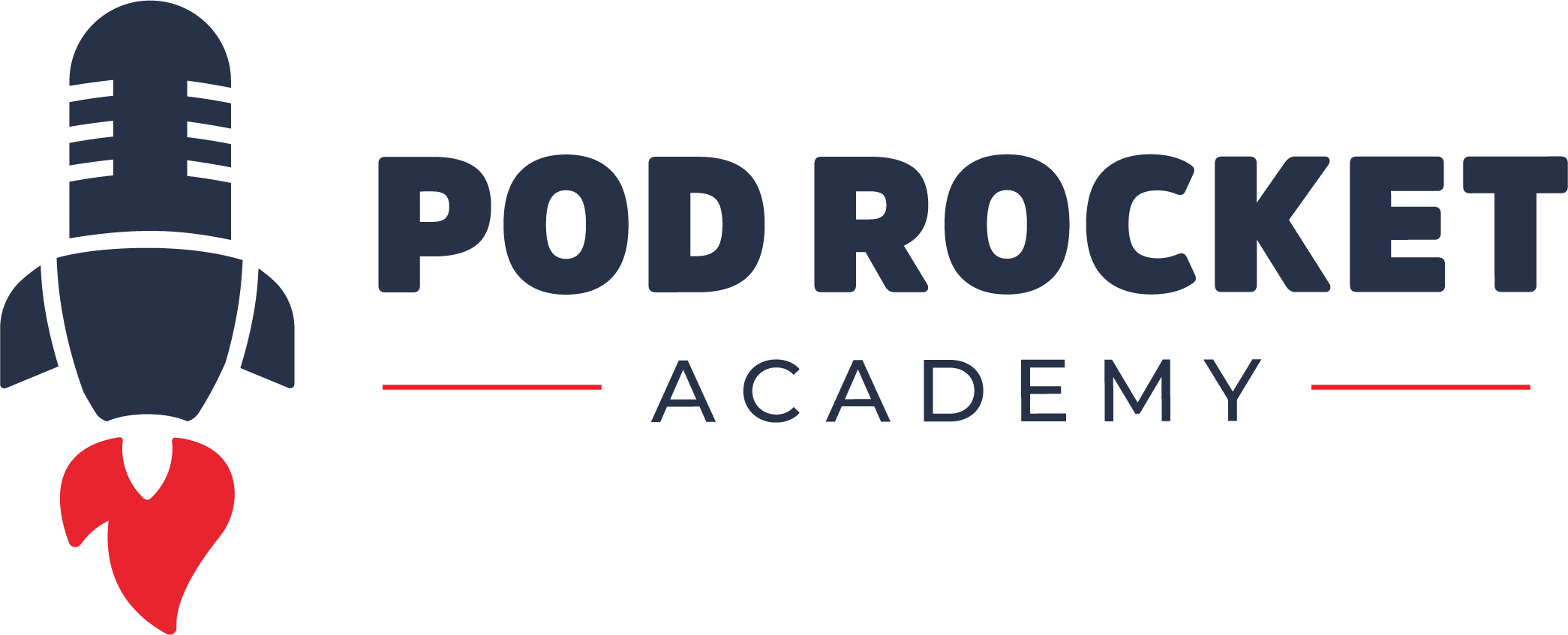Personal branding is a great way to enhance your presence both online and offline. Building your own message and professional image can open doors to opportunities you may have never been considered for.
Helping audiences understand more about you and what you do, adds great marketing value to your personal brand, foments trust in you and your services, and makes you look professional and organized. And we all know those elements are highly important in the financial industry.
Most importantly, personal branding gives you a chance to separate yourself by positioning your specific expertise for a specific audience.
 There are many misconceptions about branding, and sometimes advisors don’t take full advantage of this powerful tool when thinking about marketing themselves or their services.
There are many misconceptions about branding, and sometimes advisors don’t take full advantage of this powerful tool when thinking about marketing themselves or their services.
Some people wrongly assume that personal branding means creating a fake version of yourself to appeal to audiences by telling people what they want to hear.
The truth is, personal branding is about acknowledging all of your greatest attributes and building a quality message around them, which, in turn, builds your exposure and enhances the image others have about you.
A great example of a strong personal brand in financial services is Josh Brown, “The Reformed Broker.” Josh is the CEO of Ritholtz Wealth Management, but still finds a way to separate his personal brand from that of his company.
Having a dedicated space for your professional self, outside of a company, can give you the freedom to express your personality, as Josh clearly does on his website and social media. You will often see that it’s his personal posts that get the most engagement, as Josh creates a forum for people to join the conversation.

Another upside of having personal social media profiles and websites? They give you more places to promote other services that you offer or content you create, such as public speaking or books and podcasts.
Here are a few steps you can follow to start building your personal brand.
Step #1: Define Your Goal
Take some time to understand what is it that you want to achieve through personal branding. Do you want to be known for doing something unique? Gain recognition from your peers or audience? Promote your books and other publications? Be hired for speaking engagements? Become a micro-influencer?
This is a crucial step that will allow you to understand your why. Understanding your why will allow you to come up with a solid plan and keep your focus on the strategies ahead.
Step #2: Research
Research what other top financial professionals are doing. Inspiration can come from a professional you admire, a mentor, or even your top competitor. Make a list of all the tactics you find interesting that have worked for others and that resonate with the public. Then, adapt those tactics to your brand and find ways to make them better: more compelling, more credible, and more resonant to your audience.
At this stage, you will also need to have a strong sense of who you are. Specifically, recognize your strengths and the unique services you offer. Evaluate the methods and words you are currently using to deliver your messages and the results they have gotten you. Take in the good and make it even better.
Step #3: Choose your purpose and words
It’s time to determine what you want your brand to be associated with. Now that you’ve had time to understand your purpose, recognize your unique attributes and strengths, and research your competition, it’s time to come up with concepts you would like to build around your brand and make a list based on those concepts. This step will help you create strategies to achieve your goal.
If you want to be associated with trust, you may consider building a message around transparency and the systems you use to guarantee information safety or share any certifications and awards you have.
If it’s innovation, perhaps promote your unique approach, that groundbreaking method you use to make your clients’ lives better. Find ways to talk about that state-of-the-art software you use that no one else is using.
If you wish to focus on experience, you could create guides and tutorials for your clients, volunteer to speak at events, start a new podcast, or change the dynamic of an existing podcast.
Once you have that list of attributes, it’s time to create your unique brand statement. A brand statement is a short description of what you do, what you are good at, or, simply, your values. Here is an example from Michael Kitces; he uses the word “nerd” for his personal brand, suggesting that he is a dedicated and highly knowledgeable advisor. We also see that same message replicated across his social media.

Step #4: Nurture
Now that you’ve laid the foundation and core values of your personal brand, it’s time to start building it up. Embrace this opportunity to start creating original content. Showcase your personality, views, and expertise in any way you can. This doesn’t necessarily mean you need to produce extensive publications. Sometimes the most personal forms of micro-content can inspire powerful conversations and build your relationships with ideal audiences.

This last step is where it starts getting complicated for some advisors.
Marketing is not usually a “build it and they will come” tool, and it will take consistent effort to do it right. There has been a shift in the way businesses, professionals, and brands communicate with their clients — and this shift is becoming more common in the financial services industry, too.
Professional success for advisors is not entirely about the number and quality of leads and clients anymore. There is a new component to that: nurturing relationships with your ideal prospects, positioning yourself as a lead industry professional, and influencing people.
Building your influence through personal branding can take some time. But it is, without a doubt, one of the most rewarding and important investments you can make in your career.





